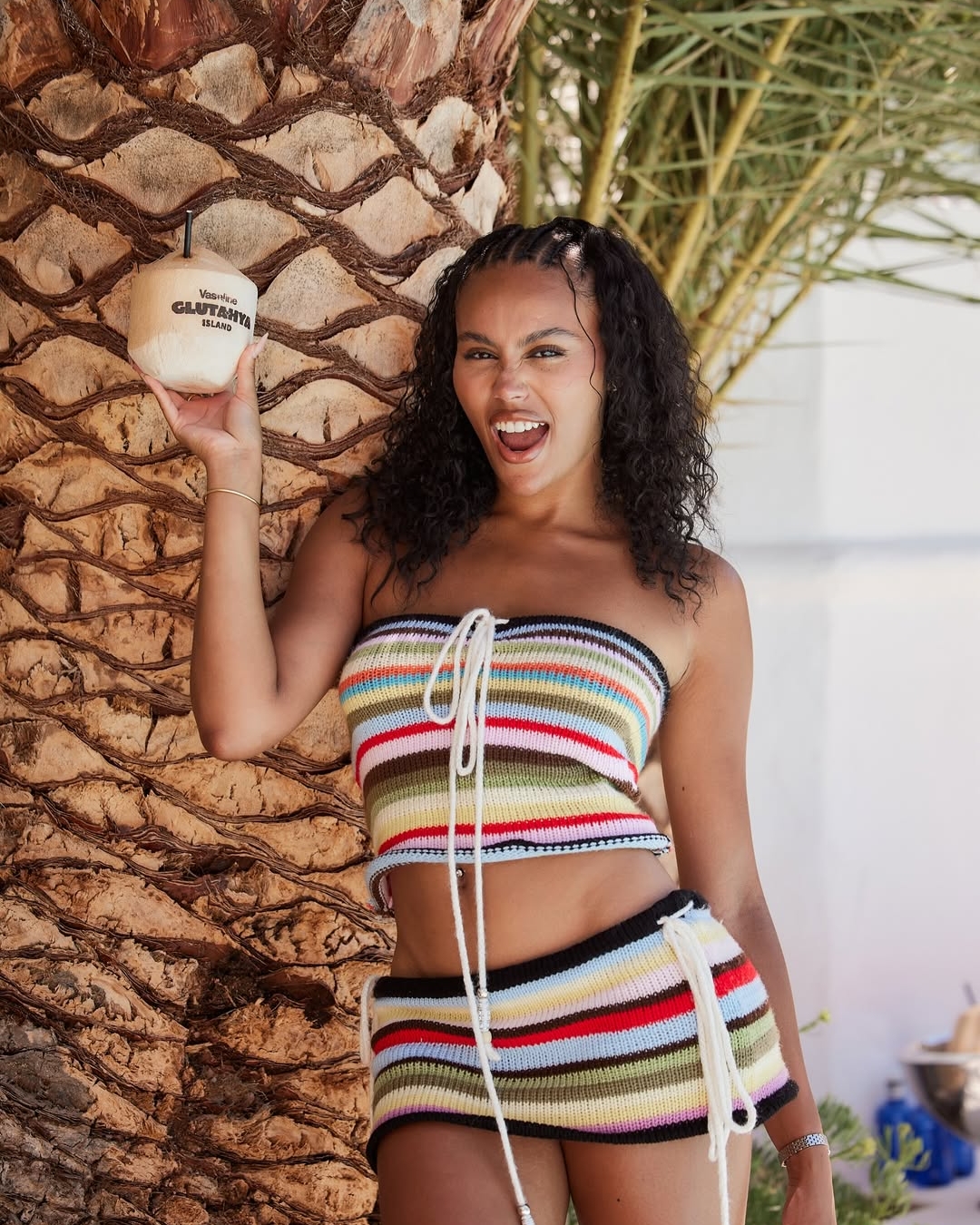Hailey Bieber's Rhode, has swiftly become a darling of social media, known for its minimalist packaging and limited-edition lip products. Last weekend, the brand brought its viral Rhode Photo Booth to London, a pop-up concept that had already created waves in Los Angeles, Miami, and Coachella. With promises of free lip tints and photo opportunities, the event seemed poised for success. However, the reality was less than picture-perfect.
The concept itself is elegantly simple. Visitors drop a branded coin into a photo booth, strike a pose, and leave with a complimentary lip tint worth £18. On paper, it’s a masterstroke of experiential marketing—a blend of social media allure and tangible reward. But as the London leg of this tour proved, even the most polished ideas can falter in execution.
Arriving at 9:00 a.m., eager fans found themselves part of a growing line, with some waiting over five hours to reach the booth. Despite securing what seemed to be a favourable spot, the experience was tainted by delays and the sweltering heat, which no doubt tested the patience of those in attendance. Influencers, reportedly ushered to the front for early access, only exacerbated the frustration, highlighting a disconnect between the brand’s public image and the on-ground reality.
Credit must be given to the event staff, who, faced with mounting dissatisfaction, did their best to manage the crowd, providing water and umbrellas to combat the unexpected heat. Their efforts, though commendable, could not entirely salvage the experience, which many attendees deemed 'anti-climactic' and 'not worth it.'
The disappointment in London underscores a broader issue in today’s marketing landscape: the dangers of overhype. In an era where social media amplifies expectations to dizzying heights, brands walk a fine line between excitement and disillusionment. The glamour of going viral is powerful, but it risks creating a gap between what is promised and what is delivered. When the spectacle becomes more important than the substance, consumers are left feeling short-changed, their trust in the brand eroded.
This phenomenon is not unique to Rhode. The beauty industry is rife with examples of brands that have prioritised social media engagement over authentic customer experiences. By contrast, brands like REFY, which focus on fostering genuine connections with their audience, offer a more sustainable model for success. They recognise that long-term loyalty is built on trust and satisfaction, not just the fleeting thrill of a viral moment.
Reflecting on the London pop-up, it’s worth considering the long-term implications of such marketing strategies. Hype can be a powerful tool, but when it overshadows the actual product or experience, it can quickly become a double-edged sword. For brands, the challenge lies in finding that delicate balance—creating excitement without falling into the trap of overpromising and underdelivering.






.svg)


.svg)
.svg)






